Is the UK media’s election coverage fair?
Academic study finds that British press is biased towards Conservatives
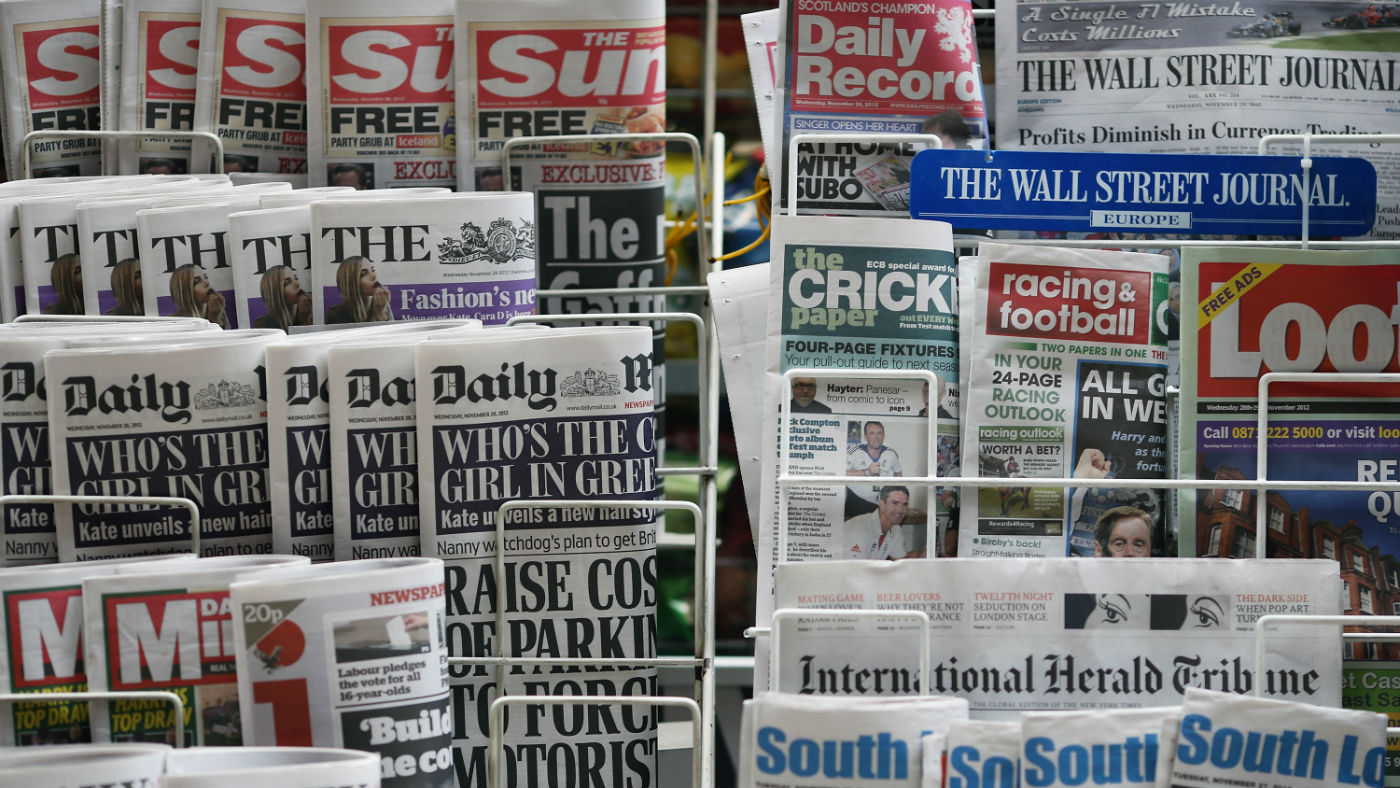
A free daily email with the biggest news stories of the day – and the best features from TheWeek.com
You are now subscribed
Your newsletter sign-up was successful
Academics have found that the British press overwhelmingly reports negative stories about opposition parties while running more positive coverage about the Conservative government.
After analysing the extent to which different publications ran positive and negative stories about different political parties in the first week of the general election campaign, the researchers at Loughborough University found that the Labour Party was overwhelmingly targeted with negative coverage.
They also discovered that certain outlets reserved positive stories for Boris Johnson’s Conservative party. This was particularly true at the highest circulation newspapers, with journalists at The Sun and the Daily Mail being relied on to write “deferential, pro-government stories,” says The Independent.
The Week
Escape your echo chamber. Get the facts behind the news, plus analysis from multiple perspectives.

Sign up for The Week's Free Newsletters
From our morning news briefing to a weekly Good News Newsletter, get the best of The Week delivered directly to your inbox.
From our morning news briefing to a weekly Good News Newsletter, get the best of The Week delivered directly to your inbox.
“The unweighted results show that only the Conservative Party received more positive than negative coverage across all newspapers,” said the academics. “In contrast, Labour had a substantial deficit of positive to negative news reports in the first formal week of the campaign.”
A separate study in 2017 noted a similar pattern: that Labour leader Jeremy Corbyn was far more likely to be attacked in election reporting than the then Tory leader, Theresa May.
The reports have raised question marks over whether the UK media’s coverage of the general election is fair and even-handed. The election coverage rules differ between different parts of the media.
Broadcasters are bound by tighter impartiality rules during the official election campaign. Ofcom rules that: “Due weight must be given to the coverage of parties and independent candidates during the election period.”
A free daily email with the biggest news stories of the day – and the best features from TheWeek.com
It adds that: “In determining the appropriate level of coverage to be given to parties and independent candidates, broadcasters must take into account evidence of past electoral support and/or current support.”
The maths involved in the due weight calculation is not as specific as it could be, leading to regular complaints from smaller parties. Yesterday, the Lib Dems and SNP lost their legal challenge to be included in an ITV head-to-head debate between Johnson and Corbyn.
The BBC follows the Ofcom rules but also adds its own restrictions. For instance, even “programmes which do not usually cover political subjects” must obtain permission from the BBC's “chief adviser” before entering the debate.
Newspapers are free to print what they like. The Electoral Commission's guidance says that “news reports, features and editorials” whether in print or online are “not subject to electoral law” and therefore not required to be impartial.
How much of a difference does any of this make? According to a 2015 survey, 62% of Brits saw television as being the most influential format in informing people about the election, with just 24% saying newspapers influenced them most.
Traditionally, the perception is that newspapers are mostly biased towards the Tories. The London Economic says that the Loughborough University findings merely “confirmed what we all already knew”.
The Conversation adds: “If there is one predictable feature of British electioneering it is that most national newspapers titles will support the Conservative party.”
However, between 1997 and 2005, the majority of press opinion and endorsements supported Tony Blair and the Labour Party.
–––––––––––––––––––––––––––––––For a round-up of the most important stories from around the world - and a concise, refreshing and balanced take on the week’s news agenda - try The Week magazine. Start your trial subscription today –––––––––––––––––––––––––––––––
-
 Minnesota's legal system buckles under Trump's ICE surge
Minnesota's legal system buckles under Trump's ICE surgeIN THE SPOTLIGHT Mass arrests and chaotic administration have pushed Twin Cities courts to the brink as lawyers and judges alike struggle to keep pace with ICE’s activity
-
 Big-time money squabbles: the conflict over California’s proposed billionaire tax
Big-time money squabbles: the conflict over California’s proposed billionaire taxTalking Points Californians worth more than $1.1 billion would pay a one-time 5% tax
-
 ‘The West needs people’
‘The West needs people’Instant Opinion Opinion, comment and editorials of the day
-
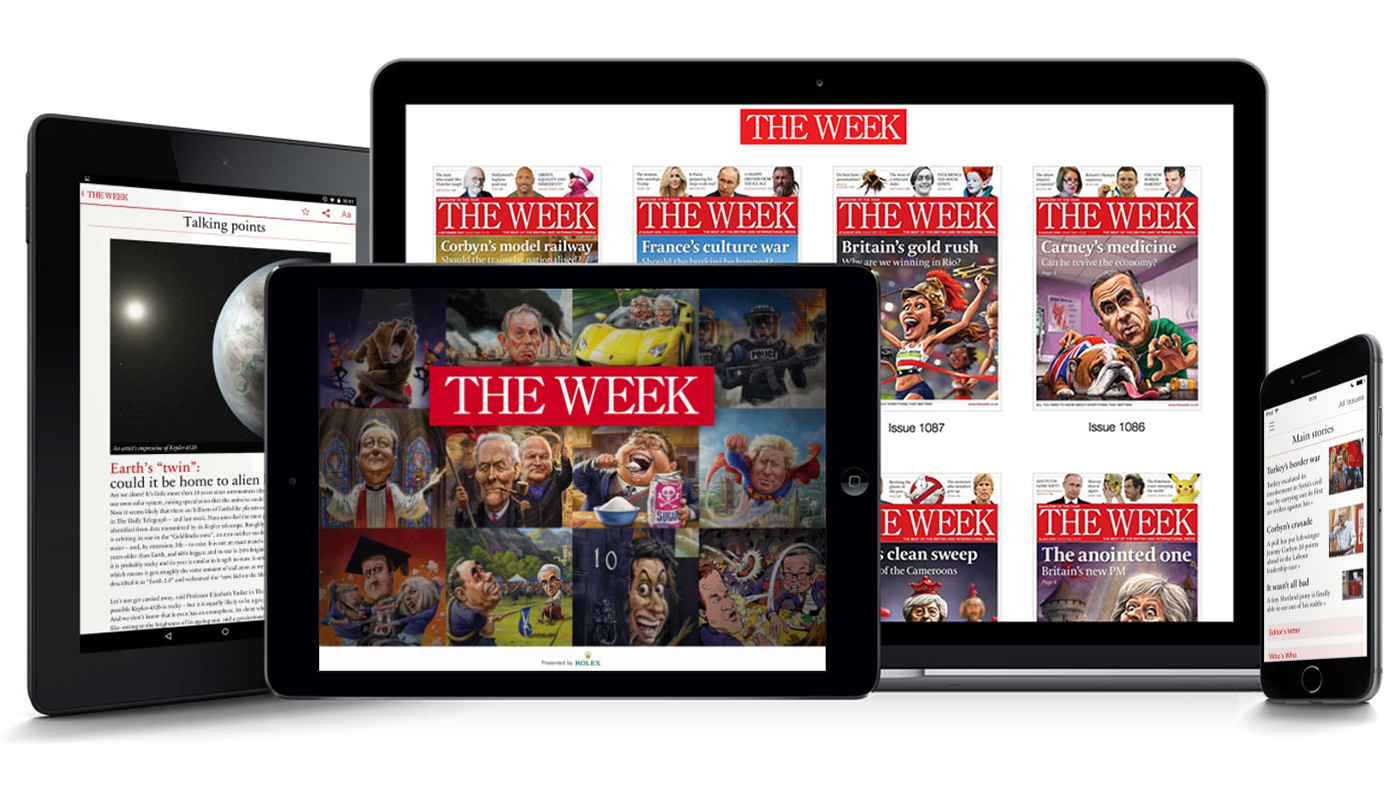 Free app access for The Week’s subscribers during Royal Mail strikes
Free app access for The Week’s subscribers during Royal Mail strikesSpeed Read If you have a subscription to The Week magazine you can read the digital edition on your tablet or phone
-
 Comic Relief to end ‘white saviour’ celebrity trips to Africa
Comic Relief to end ‘white saviour’ celebrity trips to AfricaSpeed Read Charity’s appeal videos described by critics as ‘poverty porn’ and ‘devoid of dignity’
-
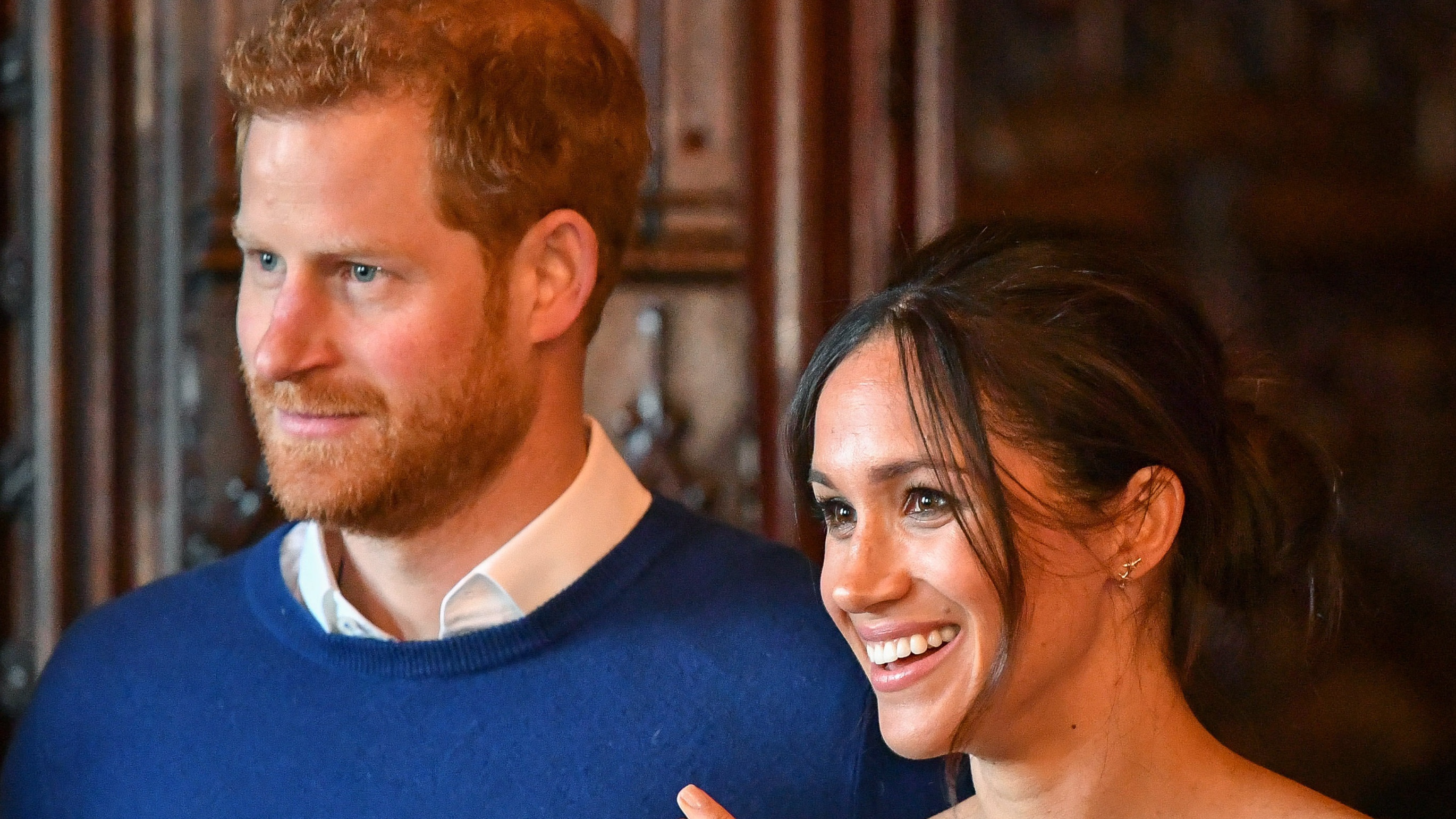 Prince Harry and Meghan Markle to star in ‘fly-on-the-wall’ Netflix reality show
Prince Harry and Meghan Markle to star in ‘fly-on-the-wall’ Netflix reality showSpeed Read Former minister accuses couple of ‘exploiting’ royal links with big-bucks deal
-
 Royal officials to ‘scrutinise’ Prince Harry and Meghan Markle’s $150m Netflix deal
Royal officials to ‘scrutinise’ Prince Harry and Meghan Markle’s $150m Netflix dealSpeed Read Duke and Duchess of Sussex have inked agreement to produce documentaries and films for the streaming service
-
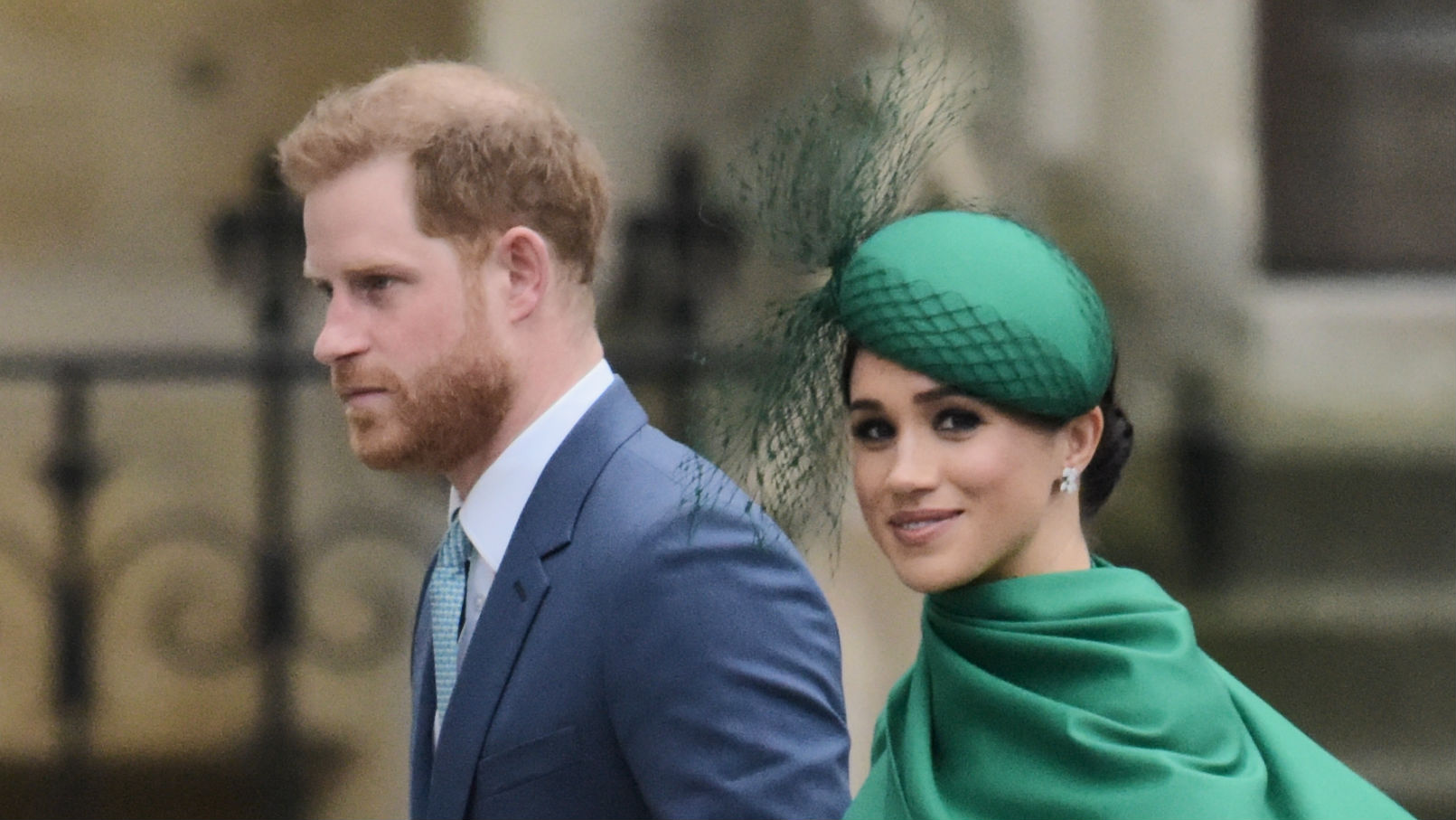 Prince Harry and Meghan Markle pitch mystery project idea to Hollywood
Prince Harry and Meghan Markle pitch mystery project idea to HollywoodSpeed Read The Sussex royals have been shopping their concept around tinseltown since June
-
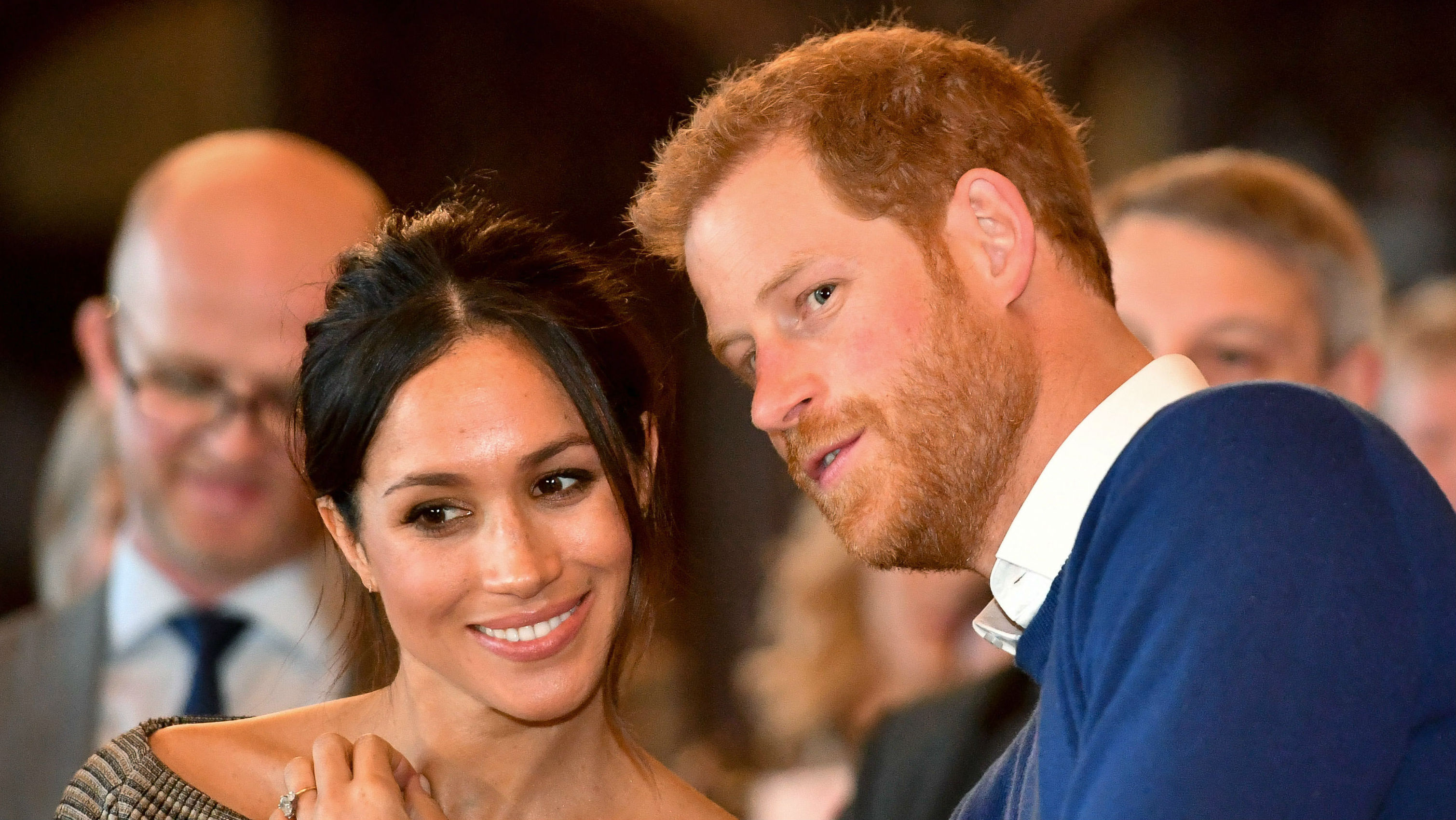 Meghan Markle ‘furious’ over Palace’s failure to defend her ‘against true stories’
Meghan Markle ‘furious’ over Palace’s failure to defend her ‘against true stories’Speed Read Legal documents say she felt unprotected by the royal ‘institution’ - but insiders claim press team were powerless
-
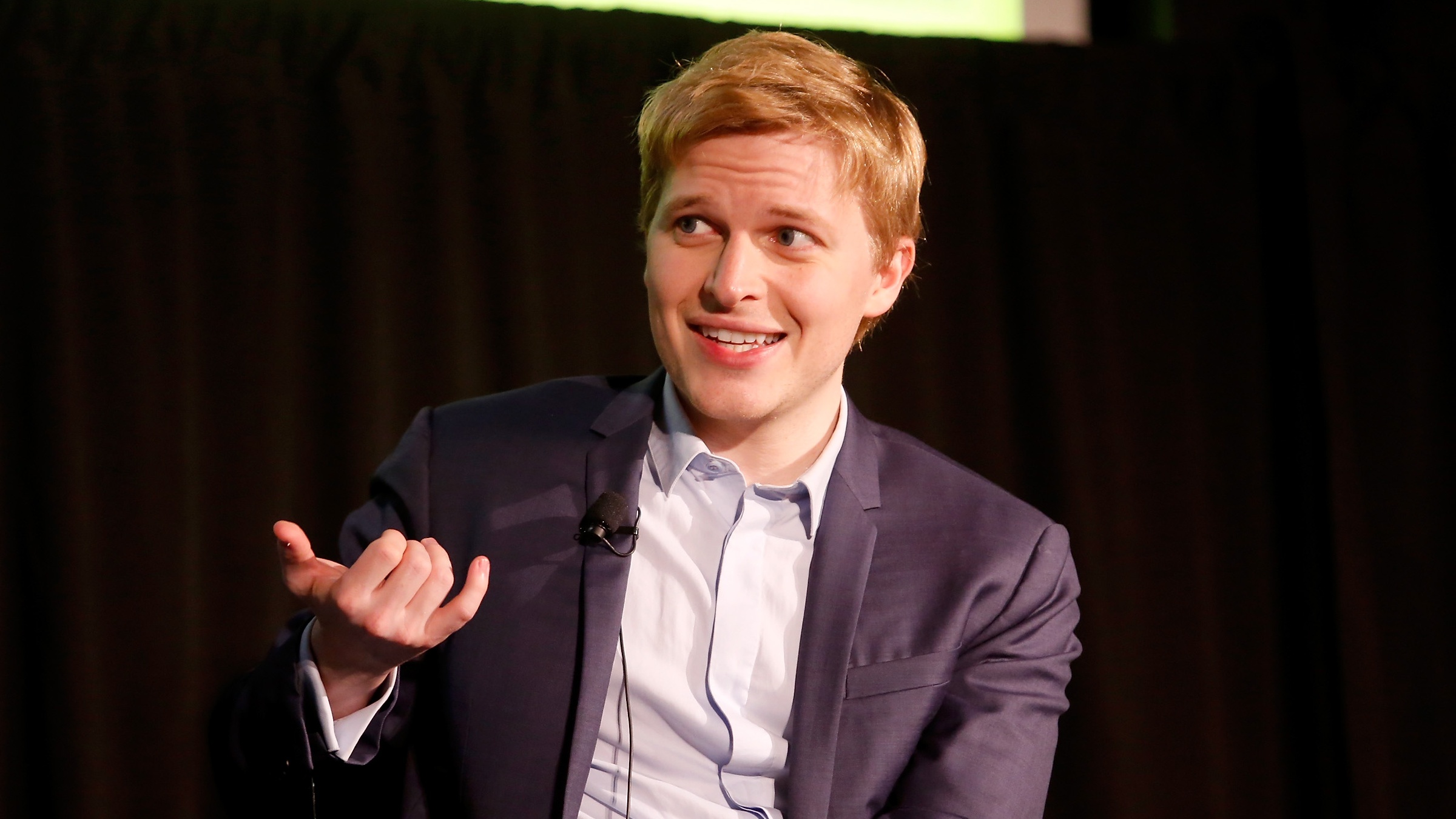 Ronan Farrow: is Harvey Weinstein’s arch-enemy ‘too good to be true’?
Ronan Farrow: is Harvey Weinstein’s arch-enemy ‘too good to be true’?Speed Read Pulitzer-winning #MeToo journalist rejects New York Times columnist’s allegations of ‘shakiness’ in his work
-
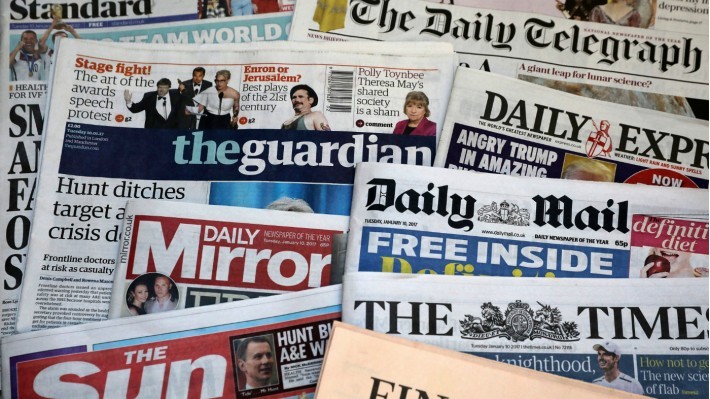 How coronavirus could shape the news
How coronavirus could shape the newsSpeed Read Trust in journalists is down as newspapers face funding crisis that could reshape media landscape forever